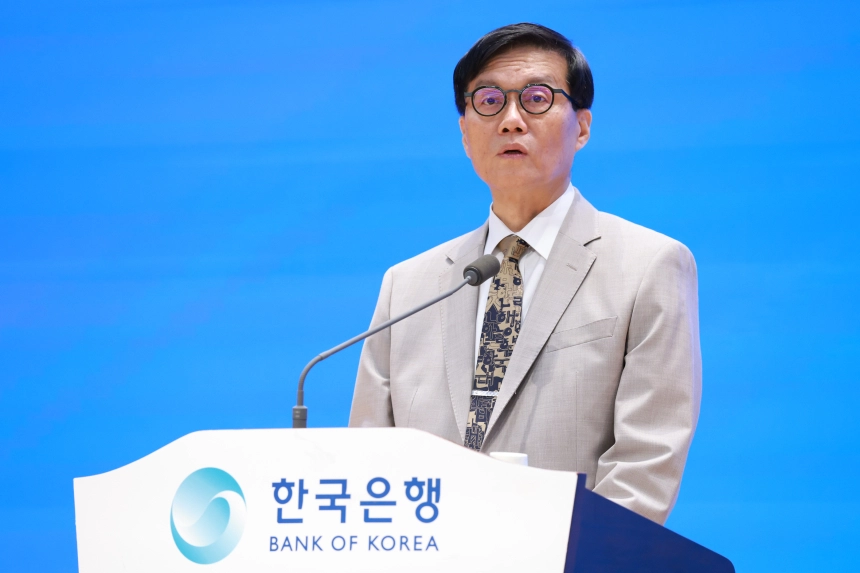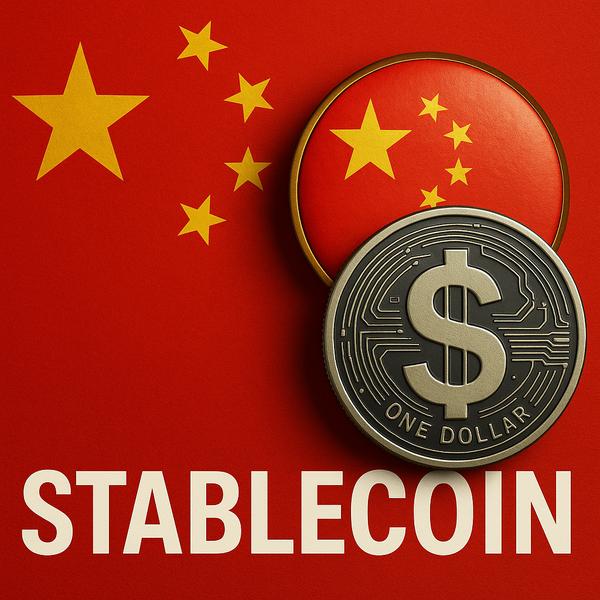Stablecoins are emerging as a key infrastructure of the digital financial era, transcending the volatility of cryptocurrencies. Professor Kim Hyung-jung explained this change along with the principle of '100% reserve', emphasizing that Korea's legislative discussions should be aware of global standards. He warned that the future regulatory direction will be determined through the US 'GENIUS Act', stating that "hasty legislation could miss opportunities".
"100% reserve, non-loan, non-interest principles are important... Direct bank issuance is inappropriate"
Stablecoins are emerging as a key infrastructure of the digital financial era, transcending the volatility of cryptocurrencies. Professor Kim Hyung-jung explained this change along with the principle of '100% reserve', emphasizing that Korea's legislative discussions should be aware of global standards.
Q. Could you briefly introduce yourself and your current research?
After retiring from Korea University's Graduate School of Information Security in 2020, I am currently operating a cryptocurrency research center at Kookmin University. I was the first to introduce the term 'Cryptocurrency Research Center', and I continue to work on the institutionalization and technological research of digital assets.
Q. There are active discussions about stablecoins recently. What are your thoughts?
Stablecoins are the most realistic alternative that overcomes the shortcomings of cryptocurrencies. Pegged to currencies like dollars or won, they have low price volatility, and if they maintain 100% reserves, their intrinsic value is clear. I believe they meet the conditions of a true 'digital currency'.
Q. Why are reserves so important?
Stablecoins are fundamentally about 'stability'. However, if reserves are held 100% in cash, the issuing company finds it difficult to generate revenue. Therefore, they use collateral assets, and if the collateral value drops, the entire system becomes risky. 'Minimal government intervention' is needed to manage this risk.
Q. You also mentioned concerns about current Korean legislative discussions.
That's right. Currently, only the issuance structure is being discussed, but 'credibility' is crucial. The US, through the GENIUS Act, allows both private entities and bank subsidiaries as issuers, but prevents banks from direct issuance. The banking system with low reserve ratios and permitted loans and interest differs from the stablecoin system with 100% reserves, non-interest, and non-loan principles.
Q. How do you think US legislation will impact Korea?
If the GENIUS Act is ultimately passed, most countries worldwide will reference this law. Especially since Korea might pass legislation before the US, we must approach this more carefully. If done well, Korean law could become the global standard, but if pushed recklessly, it could conflict with international trends.
Q. How do you think Korea's stablecoin industry should progress?
The government should establish minimal rules without hindering innovation. It should separate issuance and circulation industries, and establish 100% reserves, transparent collateral management, and supervision systems. Private autonomy and public stability must be balanced.
At the end of the interview, Professor Kim Hyung-jung emphasized that "the digital financial era has already begun" and that "stablecoins are no longer an experiment but essential infrastructure". He urged legislative authorities to approach carefully, stating that "now is a critical time for Korea to lead global standards".
Real-time news...Go to TokenPost Telegram
<Copyright ⓒ TokenPost, unauthorized reproduction and redistribution prohibited>






